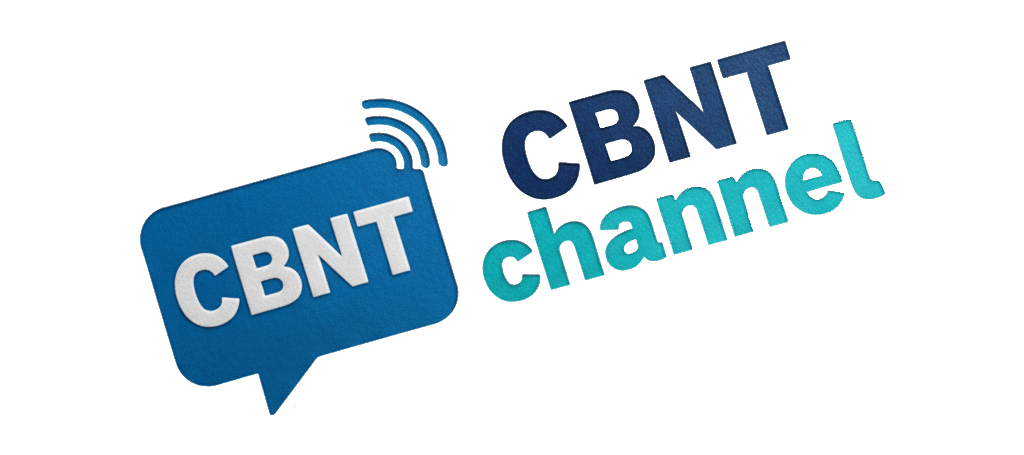Navigating the CFO’s Trilemma: Volatility, Value, and Capabilities

Somkrit Krishnamra
Partner, Strategy, Risk & Transactions
Deloitte Thailand

Chodok Panyavaranant Ph.D.
Senior Manager, Clients & Markets
Deloitte Thailand
The business in Southeast Asia (SEA) is no stranger to volatility. Geopolitical tensions, economic fluctuations, and rapid technological advancements are just a few forces constantly reshaping the playing field. For Chief Financial Officers (CFOs) in the region, navigating this dynamic environment requires a delicate balancing act – a constant juggling of priorities we’ve termed the CFO Trilemma:
- Contending with Volatility: The ability to weather economic storms and capitalize on emerging opportunities is paramount.
- Creating Long-Term Value: Moving beyond short-term gains to build sustainable, responsible businesses that resonate with broader stakeholders.
- Transforming Capabilities: Equipping finance teams with the skills and technologies to thrive in a data-driven, digitally powered future.
This article delves into each element of the CFO Trilemma. It highlights key findings from a recent Deloitte survey with 46 SEA CFOs based in Malaysia, Philippines, Singapore, Thailand, and Vietnam and a series of one-on-one interviews with 15 SEA CFOs. It offers actionable insights for CFOs seeking to lead their organizations towards a resilient and prosperous future.
Weathering the Storm: A Proactive Approach to Volatility
SEA CFOs are acutely aware of the economic headwinds facing the region. However, rather than succumbing to uncertainty, leading CFOs adopt a conservatively opportunistic mindset. 37% of SEA CFOs view optimism on the economic outlook, and 50% of SEA CFOs view positiveness on their company’s financial prospects for the next 12 months.
As a survival, CFOs are well aware of the external dynamics. These are the top three external risks in their minds: 80% stated global economic slowdown, 63% said geopolitical issues and 41% were concerned about national economic deceleration.
As a proactive leader, there are some gripping preparation includes:
- Scenario Planning for ‘Armageddon’: CFOs develop robust financial models incorporating stress tests and worst-case scenarios to ensure adequate cash flow buffers and guide strategic decision-making.
- Operational Efficiency as a Priority: They double down on cost optimization measures, scrutinizing every line item in financial statements and seeking innovative ways to enhance revenue generation.
- Strategic Diversification: They explore new markets, products, and revenue streams to mitigate risks associated with over-reliance on specific geographies or product lines.
Beyond the Bottom Line: Redefining Value Creation
The role of the CFO is evolving beyond traditional financial stewardship. 78% of SEA CFOs’ roles need to shift to accommodate more expectations from the C-suite leadership team, 78% said they need to lead transformations, and 61% were responsible for new areas.
Stakeholders increasingly demand that businesses prioritize Environmental, Social, and Governance (ESG) factors and demonstrate a commitment to long-term value creation for all stakeholders, not just shareholders. 96% of SEA CFOs expressed that they have adequate processes/plans to implement methods to comply with ESG requirements. 89% were prepared or somewhat prepared to tackle sustainability. And 76% expect to see significant impacts of new ESG regulation requirements on financial reporting in 2-5 years.
This shift requires CFOs to:
- Champion ESG Initiatives: Taking a proactive role in developing and implementing robust ESG strategies, ensuring transparency in data reporting, and exploring innovative financing options.
- Embrace a Multi-Stakeholder Perspective: Moving beyond a shareholder-centric view to consider the needs and expectations of a broader range of stakeholders, including employees, customers, suppliers, and the wider community.
- Rethink Performance Measurement: Incorporating ESG metrics and sustainability targets into performance management systems and balanced scorecards to drive accountability and measure long-term value creation goals.
The Human Element: Talent as a Strategic Imperative
SEA CFOs recognize that attracting, retaining, and developing top talent is crucial for navigating the complexities of the modern business environment. 63% of SEA CFOs mentioned focusing on practical on-the-job experiences, 63% deployed employee reward and recognition programs, and 52% used buddy programs or other support initiatives.
Critical priorities for CFOs in this domain include:
- Securing and Retaining Key Talent: Addressing the growing challenge of talent scarcity by offering competitive compensation packages, fostering a positive and supportive work environment, and providing opportunities for professional growth and development.
- Upskilling and Reskilling the Workforce: Equipping finance teams with data-driven skills, investing in training programs that focused on data analytics, automation, including Generative AI.
- Cultivating a Data-Driven Culture: Championing data analytics and technology while recognizing the importance of human judgment and interpretation in driving meaningful insights and informed decision-making.
A Call to Action: Embracing the CFO Trilemma
The CFO Trilemma presents challenges and opportunities for finance leaders in Southeast Asia. By embracing a proactive approach to volatility, redefining value creation beyond the bottom line, and prioritizing the development of their people, CFOs can help position organizations for sustainable success in the years to come.
This article has some questions to help you review your current strategies and ask yourself:
- Are you adequately prepared to navigate the volatile business environment?
- Are you effectively balancing short-term profitability with long-term value creation for all stakeholders?
- Are you investing in developing your people and equipping them with the skills needed to thrive in a digitally powered future?
By assessing your organization’s strengths and weaknesses in each area, you can develop a roadmap for navigating the CFO Dilemma and leading it towards a more resilient and prosperous future.





